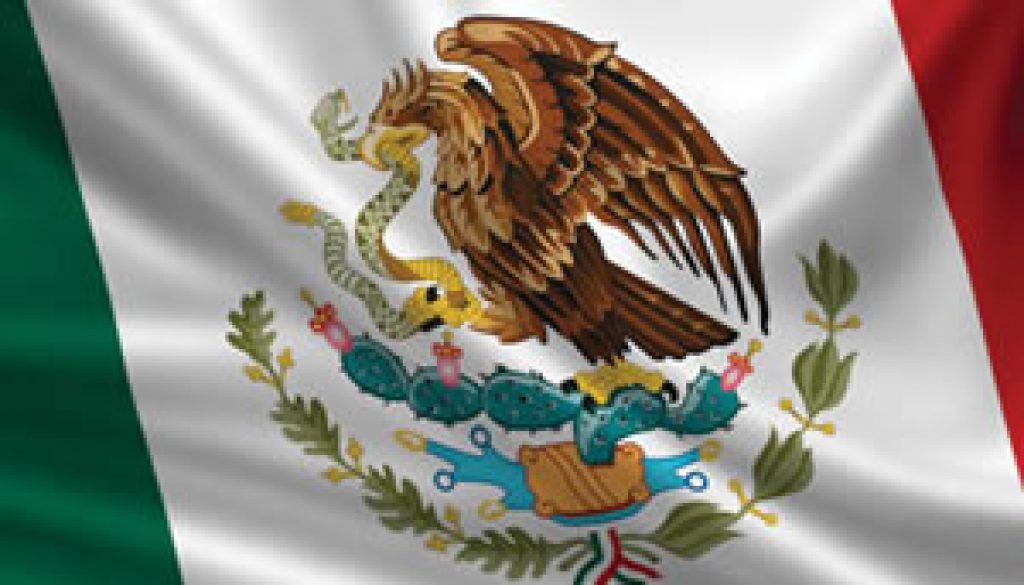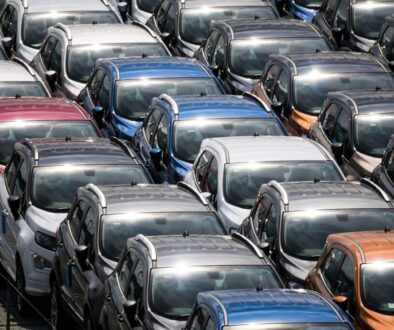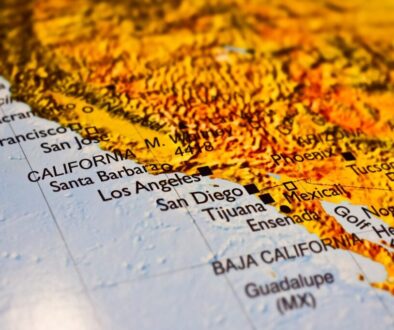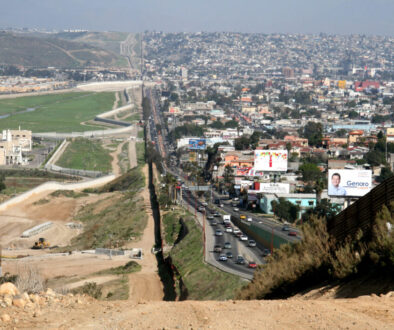Mexico and Korea: mutual recognition agreement between customs administrations
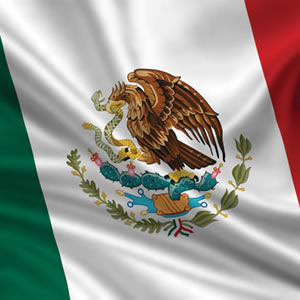 By Adina Moloman
By Adina Moloman
Sources: Maquila Portal, SAT
The bilateral relationship between Mexico and Korea has become stronger over the last ten years. Recently, the two countries agreed to continue working on customs cooperation since The Servicio de Administración Tributaria (SAT), equivalent in Mexico to the US’s IRS, and customs authorities from the South Korean Government signed a mutual recognition agreement (MRA) that acknowledge each other’s approvals in various programs what reduces the need for security and customs examinations.
This agreement will facilitate trade between the two countries. Korea will recognize any Mexico Corporation certified with the New Certified Companies Scheme, Nuevo Esquema de Empresas Certificadas (NEEC). At the same time, Mexico will recognize any Korean transnational corporation certified by their government with their Authorized Economic Operator Program.
The Authorized Economic Operator program is a voluntary program for global supply chain security and trade facilitation between countries.
The program is operated by Customs and it is based on voluntary participation of countries and companies. With this agreement the two countries will facilitate the foreign trade operations of its traders by minimizing the required lead times and costs.
Transnational companies that manufacture in Mexico willing to adopt the framework of standards, contribute to the security of the supply chain and trade facilitation worldwide.
Signing this mutual recognition agreement between Mexico and Korea acknowledge each other’s approvals in various programs what reduces the need for security and customs examinations.
Mexico becomes the first Latin American country to formalize the process to recognize the Korean Authorized Economic Operator Program.
The benefits for companies participating in this program both from Mexico and Korea are substantial: fewer physical customs inspections at their borders, priority treatment when selected for inspection, pre-clearance (documents examination before arrival of goods), simplified administrative compliance procedures, all resulting in lower costs, higher efficiency and shorter time-to-market.


